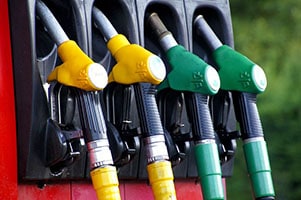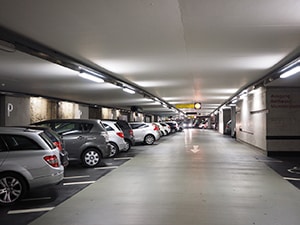Most contractors will have heard of fuel cards and perhaps assume that they’re a good way of getting discounts on petrol and diesel for their fleet’s drivers.
However, they can actually be so much more than that – and could see contractors able to make some serious efficiency savings as well as financial gains. How? Let’s take a look at some of the main benefits.
Big advantages for fleet owners
Fuel cards work by allowing employees to fill up at petrol stations within a network and, instead of paying with a credit or debit card, they present their fuel card.
The company is then billed directly, with the charges able to be assigned to an individual or a vehicle. This makes them quick and convenient – and the fuel costs for a week are collected into a single invoice that is collected via direct debit seven days later.
For contractors, that’s less time tracking and collating expenses and makes for a straightforward way of being HMRC-compliant.
Fuel cards might be a safer alternative to carrying cash or credit cards in certain areas, as they are only going to work at fuelling stations, plus they prevent any transactions being carried out that aren’t strictly business-related.
Another excellent advantage is that connecting a fleet up to fuel cards will give you an insight into how much fuel each driver or vehicle is using, as well as their route and number of stops.
This means contractors can turn them into a way of ensuring drivers stay productive, but also a method of working out where cutbacks can be made for greater efficiency, perhaps through better route planning, for example.
Finally, with fuel cards offering a choice of networks from leading brands, your fleet won’t be short of places to use them nationally and even internationally.
Ellie Baker, brand manager at Fuel Card Services, comments: “There can still be a lack of awareness concerning the benefits fuel cards can offer for contractors. However, given the advantages listed above, the question might be whether you can afford not to have them.”






